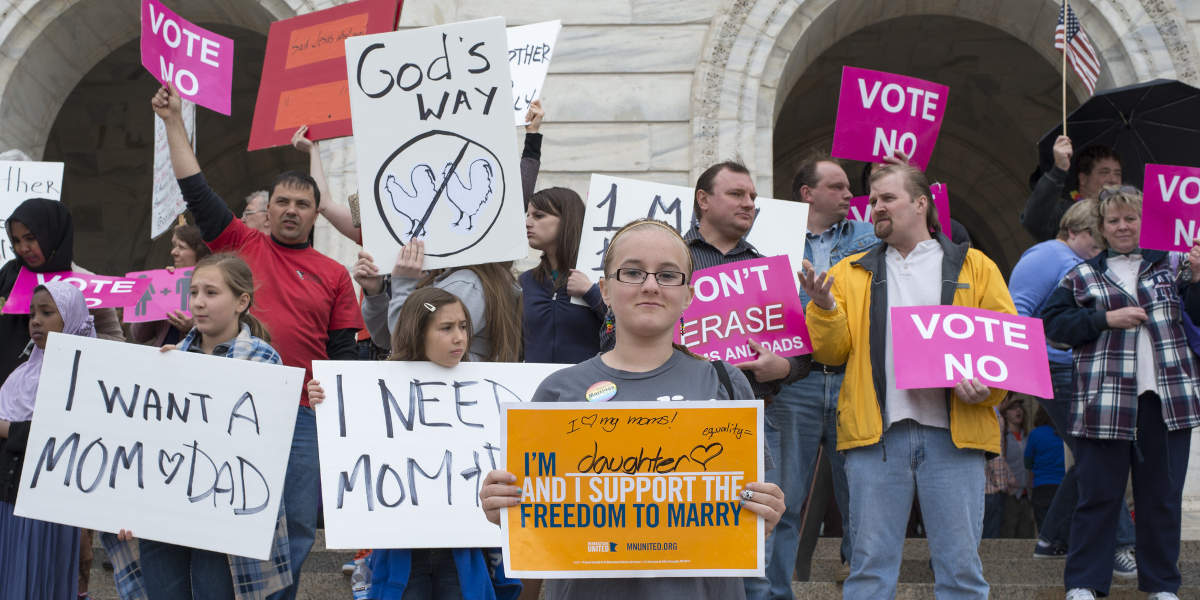Concurrent with planning this print issue, which includes a focus on marriage, I’ve been plotting a route through my own divorce proceedings. It’s been informatively dull – ticking boxes, finding a notary public, initialling and signing pages, scanning forms. It also promises to be expensive. Processing fees are designed to keep couples in check. In the US, it costs $40 to marry; ten times more to divorce.
Despite separating amicably and having no children, shared property, or even belongings to divide, my erstwhile spouse and I must, by law, allow a judge to rule over our marriage’s end. Divorces are so much in demand that many states have retained virtual hearings introduced during the pandemic, to keep cases speeding through.
I wonder what we might be asked, or told, when we meet via Zoom? Might the judge feel more strongly about marriage than we do? Refuse us the rubber stamp if I appear in pyjamas or react in emojis? I’ll play it safe and hide my ambivalence.
We only married to prevent immigration rules dictating our relationship – an attempt to bend a disciplining tool of an oppressive state to our will. By the bureaucratic exercises that followed, the state struck back. We had to prove ‘love’ and longevity at our green card hearing.
Divorce comes loaded with new moral impositions. It is ‘uncontested’, but structured such that one partner ‘petitions’, the other ‘responds’. In the UK, until the April 2022 introduction of a ‘no fault’ divorce, one partner had to be held responsible for marriage breakdown. Such reforms only emphasise that the institution is defunct – but its political power persists.
Marriage is defunct – but its political power persists
A decade ago, after David Cameron smugly ushered in the Marriage (Same Sex Couples) Act, I argued in Red Pepper that queer liberation would not be won through exclusive access to practices rewarded by a heteropatriarchal state. Cameron previously supported Section 28, which banned the ‘promotion of homosexuality’ in British schools.
His changeable stance, and that of his Conservative Party, reminds us that LGBTQ+ rights are mere bargaining chips for politicians playing the polls – proving credentials liberal or conservative, whichever way the era’s ‘centrist’ wind blows. Now a 2024 election looms, trans people face attack. The Conservatives’ proposed ‘guidance’ on trans children for schools echoes Section 28.
When same-sex marriage was federally sanctioned in the US, in 2015, the ruling was met with rapture and anger across the political spectrum. For many of us immigrants, socialists, radicals and queers, we saw the carrot of spousal visas, tax breaks and healthcare access dangling from a stick demanding conformity, productivity and compliance.
In that undeniably seismic cultural moment, others saw something else to hate and fear. Donald Trump was elected president a year later. His supreme court nominees, who have already dismantled abortion access, now have same-sex marriage in their sights.
My divorce was not liberatory – like my marriage, it was functional and mundane. Seeing it through, however, has reminded me of the political and paradoxical challenges some of us face in defending hard-won rights while still recognising their deficiencies and problematics – and while still fighting for more radical visions of liberation.










